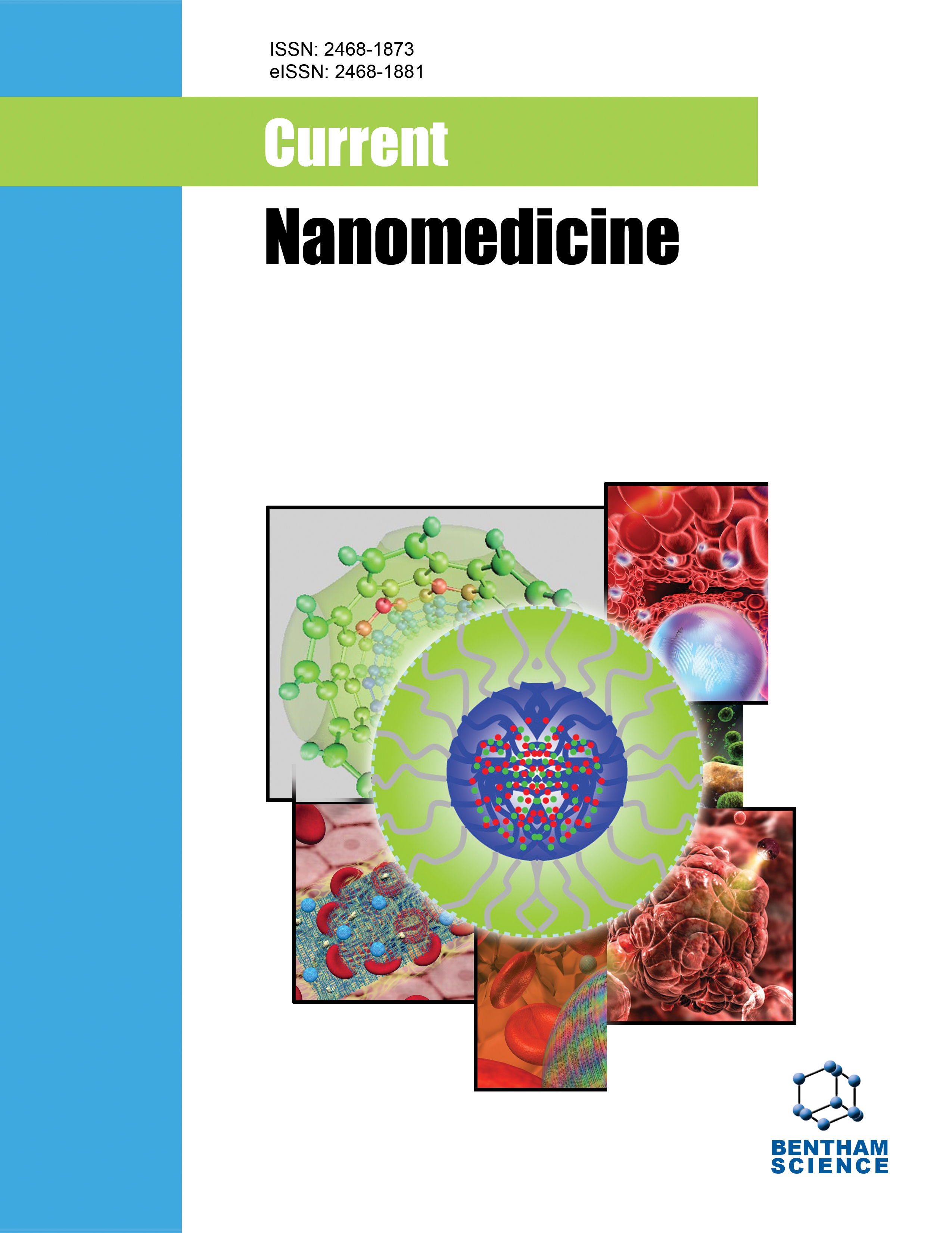
Full text loading...
Peptides represent a rapidly expanding class of novel treatments with distinct pharmacokinetic properties when compared to macromolecular proteins or small-molecule medications. Peptides are polymers with a molecular mass of less than 10 kDa. Protein-protein interactions have been the primary goal of oral delivery of peptide drugs for the last two decades. Recent trends suggest the possibility of mechanistically targeting challenging binding interfaces with the right binding affinity and specificity for molecules like peptides that bring conformational flexibility. Over 80 peptide medications have received regulatory approval to treat a range of conditions, from human immunodeficiency infection caused by viruses to fatal diseases like cancer. This review covers the need for peptide delivery via the oral route and offers insights to overcome the challenges. For successful translation to the clinic, oral delivery of therapeutic peptides coupled with nanoformulation strategies has gained increased attention in recent years. The role of permeation boosters, and digestive enzyme inhibitors to overcome major hurdles such as degradation in the gastrointestinal tract and low intestinal permeability are presented here. Alteration of physicochemical characteristics of peptide molecules, the addition of functional excipients to specifically designed drug delivery systems, nanoformulation approaches, amongst other recent methodologies, to increase the oral bioavailability of peptide medications, are also presented herein. Numerous peptide candidates, both approved and under clinical trials, are included in this review.

Article metrics loading...

Full text loading...
References


Data & Media loading...

